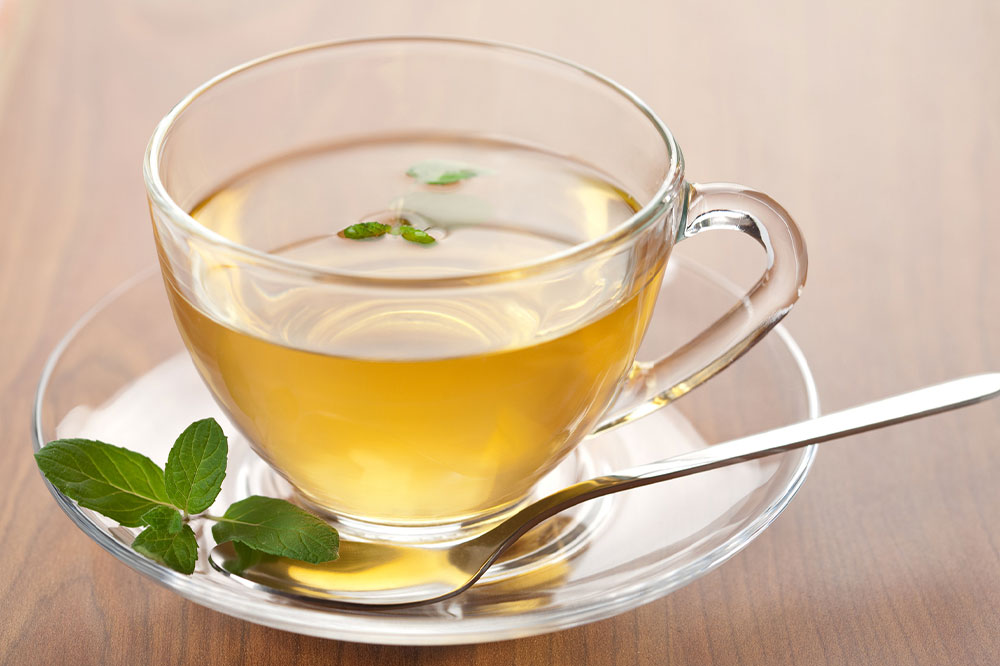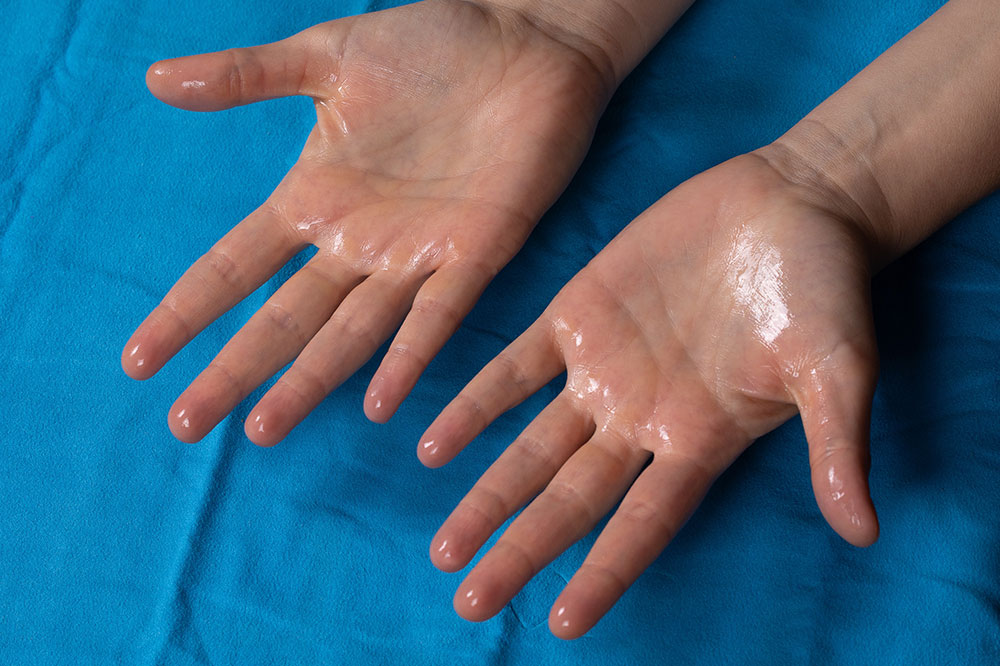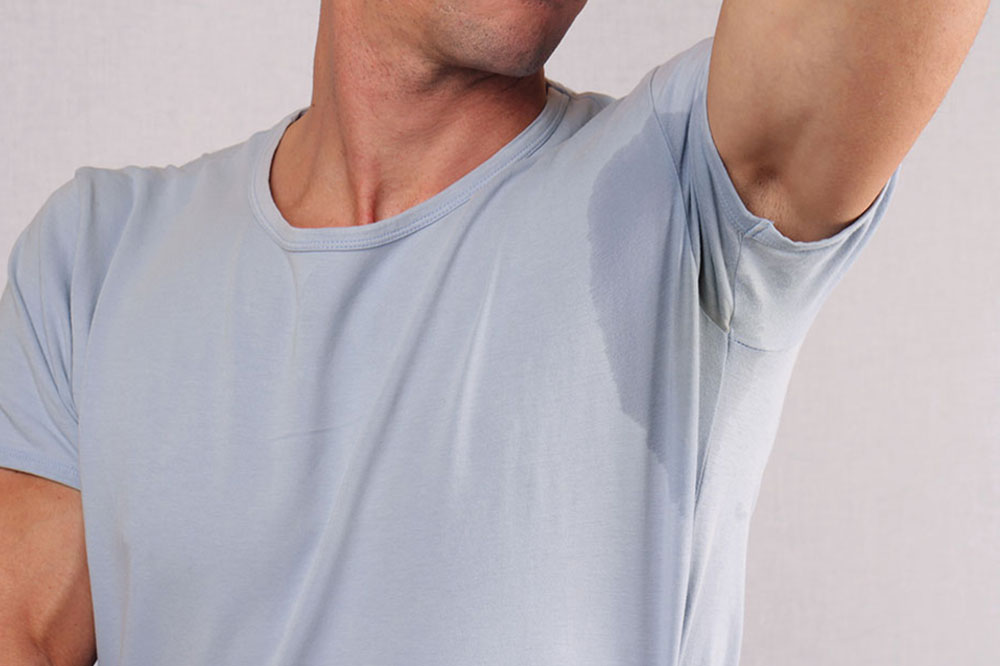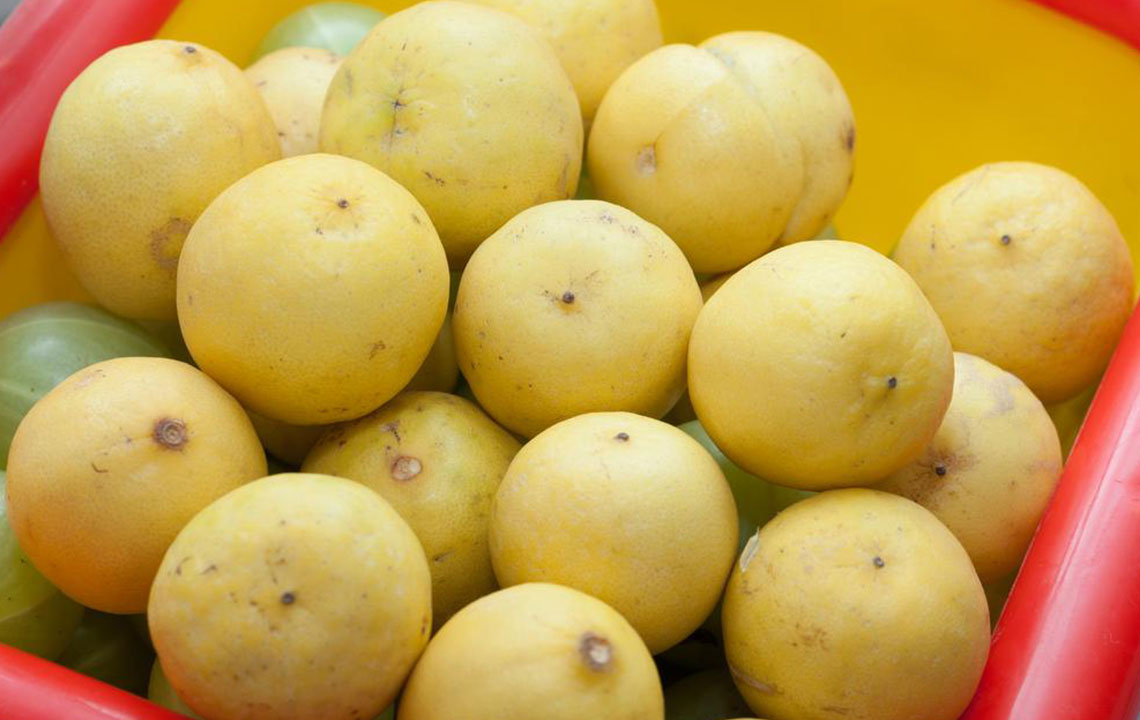Effective Natural Solutions for Excessive Sweating Relief
Discover effective natural remedies and lifestyle tips to manage hyperhidrosis. From herbal applications like witch hazel and sage to dietary choices such as green tea and tomatoes, these methods can help reduce excessive sweating. Incorporating proper hygiene, breathable clothing, and stress management techniques further enhances relief. When home remedies are insufficient, consulting healthcare professionals is advisable for personalized treatment options. These strategies aim to improve comfort and confidence for those dealing with hyperhidrosis naturally.

Natural Strategies to Manage Excessive Sweating
Excessive sweating, also known as hyperhidrosis, occurs when the body produces too much sweat to regulate temperature. This condition can interfere with daily life, causing odors and clothing stains. Fortunately, various natural and home-based remedies can help control symptoms and improve quality of life.
Herbal Remedies
Witch hazel acts as an astringent, drying skin and narrowing pores to reduce sweating. It can be applied directly or mixed with water to make a paste, left on for 30 minutes before rinsing off.
Sage contains tannic acid, which constricts sweat glands. Drinking sage tea or applying its leaves topically can help decrease perspiration.
Apple cider vinegar (ACV), with its pore-closing and antibacterial properties, can be applied using a cotton ball mixed with water to affected areas to reduce sweating.
Combining cornstarch and baking soda can absorb moisture and combat bacteria, making it a natural deodorant option. Applying the mixture for 30 minutes before rinsing can be effective.
Green tea contains magnesium and vitamin B, which soothe the nervous system and can help control sweating. Drinking it regularly or drinking black tea may further assist in managing hyperhidrosis.
Tomato juice can help shrink pores, alleviating excessive sweating. Drinking a glass daily or applying it topically for a few minutes, then wiping off, might provide relief.
Potatoes are rich in potassium, aiding in water regulation. Including them in meals or rubbing slices on sweaty areas may help reduce sweat production.
Epsom salt baths or topical scrubs can absorb excess moisture and deodorize. Applying a salt and lemon juice mixture daily can be beneficial, especially in humid environments.
Coconut oil, containing antimicrobial lauric acid, can be applied directly after showers to reduce bacteria and excess sweating. Mixing crushed camphor with coconut oil and applying for 45 minutes can also help.
Lifestyle Adjustments
Maintaining cleanliness by showering daily and thoroughly drying skin helps prevent bacterial buildup.
Wearing breathable fabrics like linen or cotton promotes air circulation and sweat evaporation.
Managing stress through yoga, meditation, or deep breathing can reduce stress-induced sweating.
If natural remedies are ineffective, consulting a healthcare provider is recommended. Professionals can diagnose underlying issues and suggest tailored treatments.
Note: This content provides general information about hyperhidrosis and remedies. It should not replace professional medical advice. Always seek advice from licensed healthcare providers for diagnosis and treatment.










